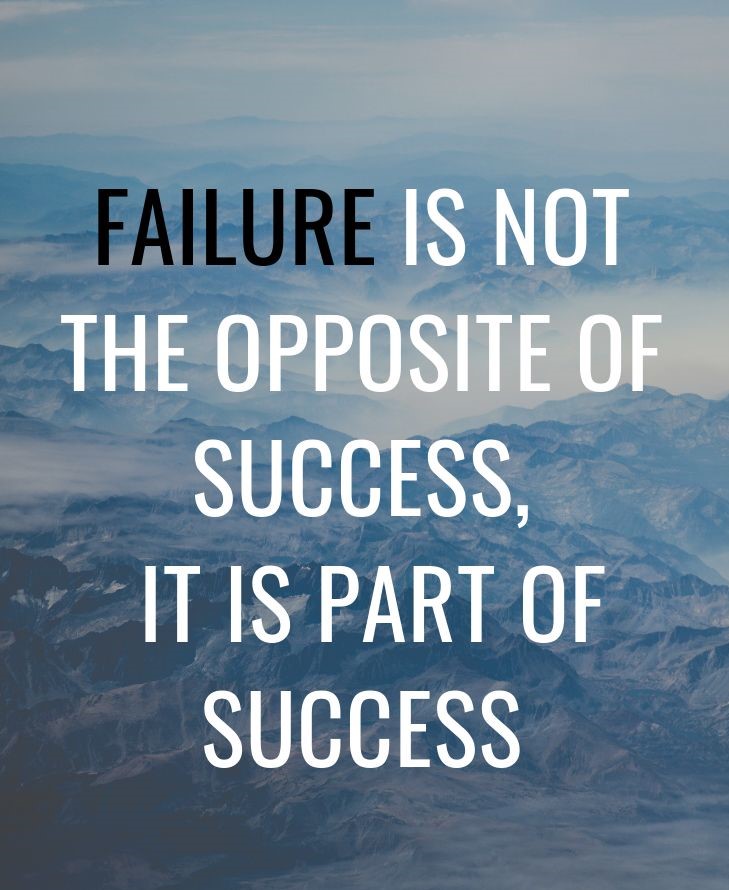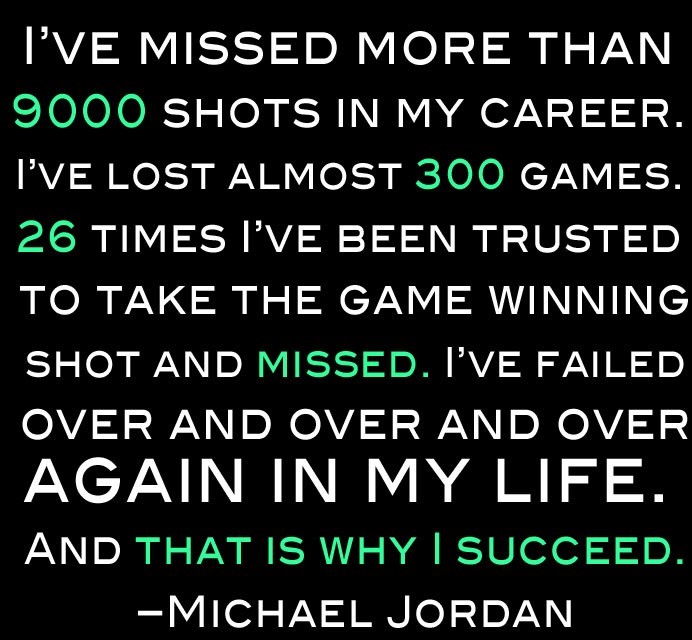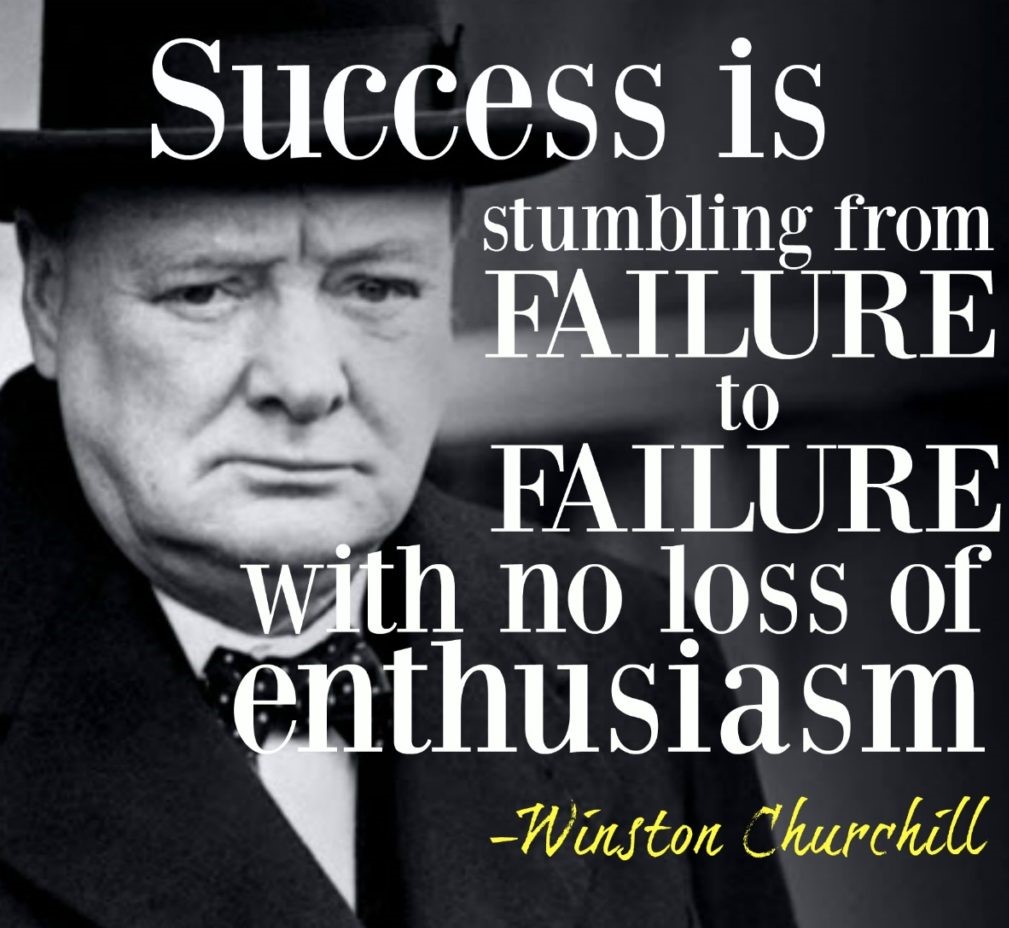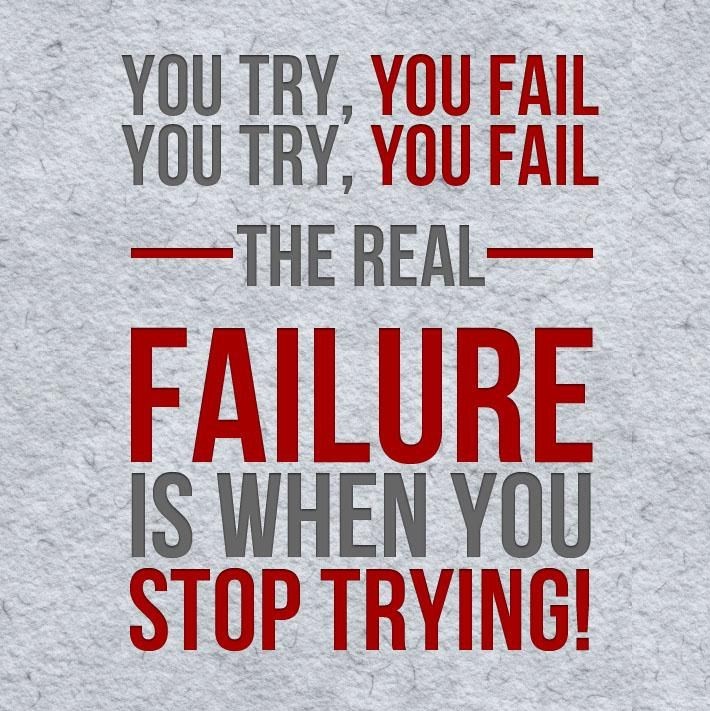I have never shared these stories before. Perhaps it’s because it took me 20+ years to realize that I do not need to be ashamed of my “failures.” Each one taught me something and in reality ended up working out better for me. 🙂 When they happened however, they were devastating to me and especially to my ego.
Why Share My Failures Now
I decided to share them now because of you. I spoke to two of my readers, recently while discussing the Mental Fitness Bootcamp offering. I asked why they follow my blog. Both said it’s because they can relate to my stories of struggle at work. It’s like I understand what they are going through. I was elated and grateful. I also realized that I need to share more of my “imperfections.”
 You may look at my Linkedin profile and be impressed with all the pedigree education and experiences. I want to make sure you know that with every success there were plenty of failures along the way.
You may look at my Linkedin profile and be impressed with all the pedigree education and experiences. I want to make sure you know that with every success there were plenty of failures along the way.
- Failures are what help us learn.
- Failures are the essential part of success.
- Failures are what makes us human
- Failures build character and prepares us for bigger opportunities.
Secret to Success: Keep Trying after a Failure
If you are reading this and things are not going well right now, just realize it’s okay. Don’t beat yourself up about or spend all the time blaming others or the circumstance. Whatever “crappy” thing that is happening right now is part of your journey to success. In the long run, as long as you keep trying, what’s happening now that seems “bad” will become part of your success story later. All great leaders and famous people have amazing failure stories.
 My First Failure – Being Let Go
My First Failure – Being Let Go
I was flying high. I graduated from Stanford with honors and went to Hong Kong to work for McKinsey, the most prestigious management consulting firm on the planet. I had an expense account when working late, stayed at the most luxurious hotels, and even had a shared admin.
After two years of 100 hours work weeks, I was asked to leave. My contract was not renewed for a 3rd year like many other analysts. My performance was not good enough for McKinsey. A partner even told me I probably shouldn’t be in consulting. I am just not that good at it. I was devastated. I thought at the time
- What will the other analysts think of me?
- What will I tell my parents or my friends?
- What will I do next?
- How will I find another job?
I didn’t know.
It Was My Ego that Was Hurt
It was my first job and I thought the news equated to getting a failing grade at school, which I have never gotten before. My ego was hurt and in my young mind, I thought I failed. Did I even like my job at McKinsey? Yes and No. I learned a lot and there were pockets of good people. The trainings were amazing and the responsibilities were vast for such young professionals. I had amazing exposure. However, there were also a ton of grind work, a lot of stress, backstabbing, and immature management. My manager blamed me in front of the partners for the project not doing well. Another manager took credit for my work. I didn’t know it at the time, but I got a crash course on the unfairness of work.
Being Let Go was the Best Thing That Happened to Me.
In retrospect, being at McKinsey for two years was enough. I learned critical strategy and business skills as well as how to survive the politics and the backstabbing. This first “failure” gave me so many more gifts and opportunities
- I improved my job search skills. McKinsey helps all analysts who are asked to leave with their job search (this was amazing!). I had a job search counselor and some partners connected me with clients to explore opportunities. I ended up with 4 job offers in 4 very different industries.
- It forced me to reexamine my interests and what I want to do in the future. It was during this time I realized that McKinsey may actually not be my best long term choice anyways.
- I came back to the Bay Area. After working in Hong Kong and travelled all across Asia, I realized I am much more Californian than I am Chinese. I missed my “home” which was the bay area. I learned that my career really should be in the US. This “let go” saved me from staying in Asia too long.
- I had the opportunity to go into more hands-on consulting at Deloitte – combining what I learned at McKinsey with what I know from electrical engineering. Despite what that McKinsey partner said, I stayed in consulting for another 10 years, was sponsored by Deloitte to go to business school, and was a “kick-ass” consultant in customer experience and system integration work across 4 additional industries.
- I had a chance to reinvent myself. Every time I go to a new company, I can portray myself as whoever I want. I joined Deloitte much more confident than when I joined McKinsey. McKinsey was an impressive name and I knew a lot more about how to play politics to build my network/ protect myself.
Portray My Best Self for the Next Job
While I am telling you about my first big failure, 25 years later. You can be sure that I never told any employer this when I was looking for my next few jobs. Employers do not need to know and I was technically not laid off nor fired. My two year contract with McKinsey ended and “we mutually agreed to go our separate ways.”
Once I licked my wounds from the news, I created my story about why I left.  It worked to my advantage and also helped me recover from this first unexpected “set back”. What I told employers including Deloitte was the following: I wanted to come back to the bay area and I wanted to work in consulting work where I got to stay for the implementation and beyond. McKinsey work was great learning but too high level for my long term interests. I kept it simple and logical. Above all, it was all true.
It worked to my advantage and also helped me recover from this first unexpected “set back”. What I told employers including Deloitte was the following: I wanted to come back to the bay area and I wanted to work in consulting work where I got to stay for the implementation and beyond. McKinsey work was great learning but too high level for my long term interests. I kept it simple and logical. Above all, it was all true.
My Second Failure – Not Getting into Business School
Around the same time I was “let go” at McKinsey, I was also rejected from Harvard and got waitlisted at Wharton and then rejected shortly after. Talk about a double whammy. I only applied to two schools as I had very little time outside of work at McKinsey.
I was only 23 years old and again it felt devastating to me (i.e., my ego). I have succeeded in school all my life and it seemed to all be crashing down at once. Both my job at McKinsey and my dreams of going to business school ended within 2 months of each other.
Of Course, My Dreams Didn’t End
At the time, things looked bleak and I was distraught for a few months. But I kept going. If these doors are closed then I just had to find new ones to open. 2 years later, I applied to business school again and got into a few schools, including Wharton.
After graduating from Wharton, I realized it was good I had 5 years of experience before going to MBA school vs the 20 months I would had if I got in the first time. It would have been too soon. I was only applying because everyone else around me was, but I had no idea what I wanted to do. It’s probably why I didn’t get in. The schools knew I was not ready. What was painful at the time turned out to be a gift later. I got much more out of my Wharton education by going there as a more experience professional.
What Do These Stories Mean for You
I hope you can relate to some of what I am sharing. The truth is when anything “bad” happens, it can feel awful for a few hours, days, or weeks. All humans will have this reaction. However what happens next is what separates successful people from those who never get anywhere.
- Successful people strive to shorten that debilitating time frame of self-criticism, self-doubt, and deflated mentality

- Successful people take action in pursuit of what’s next. When one door closes, many windows will open. If you don’t believe me, listen to Jim Carey
- Successful people know not to be over-share with everyone. They know who they can trust to help them recover and what they need to do to “spin the story” with others who do not need to know all the details.
- Successful people do not believe in any of these career myths.
There isn’t one path for you to succeed. There are infinite paths! When you believe that, then you will feel empowered no matter what happens unexpectedly in your life along the way. Failures are necessary parts of your success story! If you have never failed, then you are not aiming high enough.
Your comments: How do you recover from your “failures” or “set back”? Did my stories help? I look forward to your comments.
Like this article? then help me share it on Twitter, Facebook, and Linkedin.
New to this site? Start here – Soft Skills – How to Succeed like an Executive
Lei